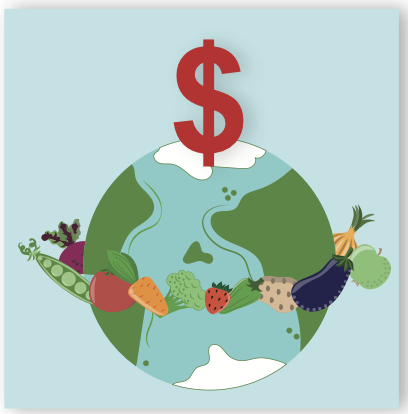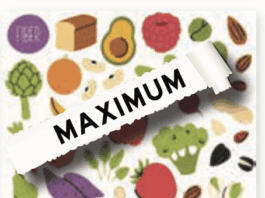How is the Recommended Daily Allowance of Calcium Determined?
Calcium requirements vary around the world because they are influenced by other components of the diet that vary around the world. For example, dietary fiber can reduce calcium absorption. High sodium (salt) intake increases calcium losses through the urine.
Are Corn Tortillas Whole Grain?
For a corn tortilla to be considered a whole grain product, it must be made with whole grain corn flour, and this will be indicated on the ingredient list with words such as 'whole corn' or 'whole grain corn flour.'
Do Diet Drinks Trigger Sugar Seeking?
Sugar-free sweet drinks might seem like a win-win, but scientists are still figuring out how the body responds to them. Recently, 21 healthy-weight young adults were fed a standardized lunch along with either 12 ounces of a sugar-sweetened beverage or one with the artificial sweetener sucralose, made to look and taste the same.
Omega-3 Fats May Be Good for Your Gums
Eating foods high in omega-3 fats may aid oral health. Scientists reviewed 11 human studies (observational and trials) on omega-3 fat intake and periodontal (gum) disease.
Don’t Overlook Calories Added to Coffee and Tea
You may not give much thought to adding a splash of cream and a spoonful of sugar to your coffee or tea, but these add-ins can add up in calories. A study published in Public Health aimed to figure out just how much.
Substituting Ingredients for Good Health
Not only can substitution save the day when you lack an ingredient called for in a recipe, but it also enables you to make a recipe better for you. That's helpful whether you are trying to improve your overall eating pattern or are cooking for a specific health condition.
Smart Pre-Exercise Snacks
If you start exercise low on fuel, you could end up feeling weak and run out of steam. Or, you may simply feel hungry, making it hard to focus on your exercise. However, unnecessary snacking before a workout may make exercise uncomfortable and add calories you dont need, counteracting the calorie burn of your physical activity.
Foods to Soothe Digestive Woes
Approximately 35 million Americans are afflicted with irritable bowel syndrome (IBS), marked by chronic abdominal pain, diarrhea and/or constipation, and often nausea, bloating and excess gas, too. IBS is the most common gut condition diagnosed by gastroenterologists (specialists in digestive tract diseases). There isn't a test for IBS per se, but tests can help rule out other causes.
Health Claims On Your Food
Have you read your groceries lately? Many of them tout reasons why health-minded shoppers should buy them, such as to lower cholesterol, reduce risk of osteoporosis or prevent cancer. Some sport bright red hearts claiming the products are heart healthy. But can you trust such health claims?
Why Do We Overeat the Foods We Like?
Our reward center in the midbrain gets activated for the prospect of food and available food of a kind we like, so until our sensory-specific satiety mechanism tells us the portion size is sufficient, addictive chemicals are released, such as dopamine, to keep us eating.





























